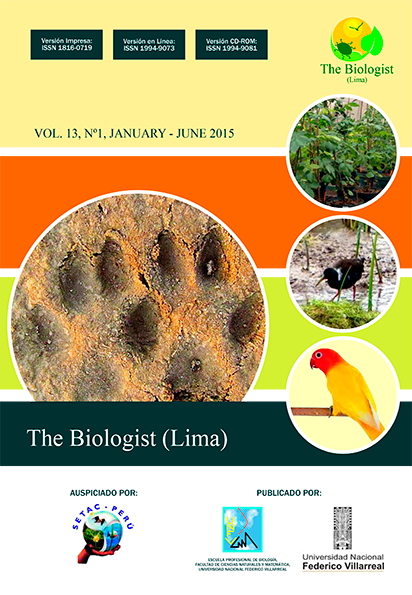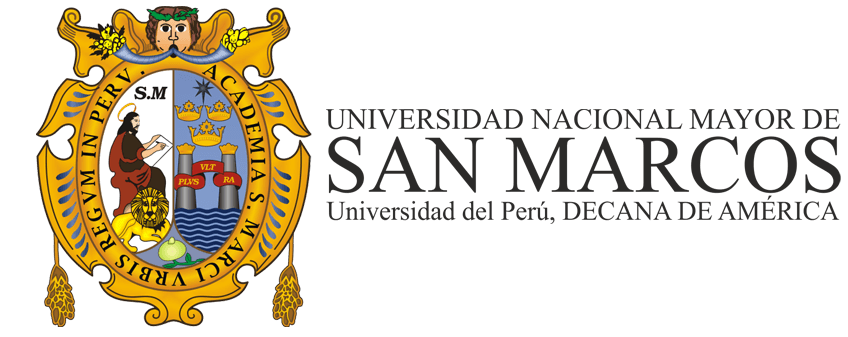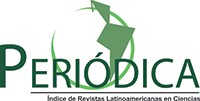TRANSCRIPTION FACTORS OF EMBRYONIC STEM CELLS AND INDUCED PLURIPOTENT STEM CELLS
DOI:
https://doi.org/10.24039/rtb2015131166Keywords:
epigenetic,, pluripotency, Stem cells, transcription factorsAbstract
Since their therapeutic potential was discovered, stem cells with pluripotent capacity have been sought, and since then embryonic stem cells (ESCs) became an important center in stem cell-based
therapy, there are ethical problems with the use of embryos. Using a small group of transcription factors (c-Myc, Oct4, Klf4 and Sox-2), fibroblasts in pluripotent stem cells (iPSC) were converted. This stem cell technology currently has some disadvantages, because there are differences in gene expression profiles due to retention of an "epigenetic memory" from the cells from which they were derived; this could cause problems when applying them in therapy. In this review we discuss the role of some transcription factors involved in iPSCs and ESCs.
Downloads
Published
How to Cite
Issue
Section
License
Copyright (c) 2015 The Biologist

This work is licensed under a Creative Commons Attribution-NonCommercial-NoDerivatives 4.0 International License.
Objeto: El AUTOR-CEDENTE transfiere de manera TOTAL Y SIN LIMITACIÓN alguna al CESIONARIO (Revista The Biologist (Lima)) los derechos patrimoniales que le corresponden sobre sus obras por el tiempo que establezca la ley internacional. En virtud de lo anterior, se entiende que el CESIONARIO adquiere el derecho de reproducción en todas sus modalidades, incluso para inclusión audiovisual; el derecho de transformación o adaptación, comunicación pública, traducción, distribución y, en general, cualquier tipo de explotación que de las obras se pueda realizar por cualquier medio conocido o por conocer en el territorio nacional o internacional.
Remuneración: La cesión de los derechos patrimoniales de autor que mediante este contrato se hace será a título gratuito.
Condiciones y legitimidad de los derechos: El AUTOR-CEDENTE garantiza que es propietario integral de los derechos de explotación de la(s) obra(s) y en consecuencia garantiza que puede contratar y transferir los derechos aquí cedidos sin ningún tipo de limitación por no tener ningún tipo de gravamen, limitación o disposición. En todo caso, responderá por cualquier reclamo que en materia de derecho de autor se pueda presentar, exonerando de cualquier responsabilidad al CESIONARIO.
Licencia de acceso abierto: El AUTOR-CEDENTE autoriza que manuscrito publicado en la Revista Científica The Biologist (Lima) (versión Impresa ISSN 1816-0719, versión en línea ISSN 1994-9073) permanece disponible para su consulta pública en el sitio web http://revistas.unfv.edu.pe/index.php/rtb/index y en los diferentes sistemas de indexación y bases de datos en las que la revista tiene visibilidad, bajo la licencia Creative Commons, en la modalidad Reconocimiento-No comercial- Sin Trabajos derivados –aprobada en Perú, y por lo tanto son de acceso abierto. De ahí que los autores dan, sin derecho a retribución económica, a la Escuela Profesional de Biología, Facultad de Ciencias Naturales y Matemática de la Universidad Nacional Federico Villarreal (EPB - FCCNM - UNFV), los derechos de autor para la edición y reproducción a través de diferentes medios de difusión.









































